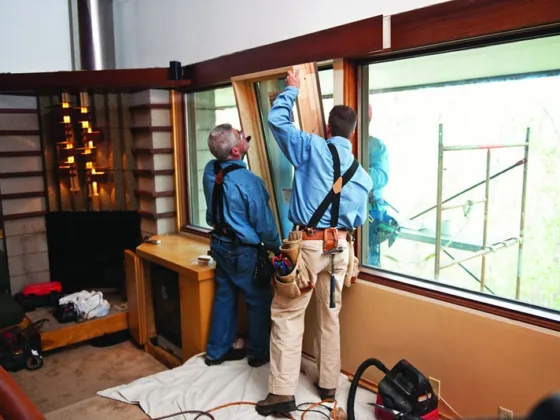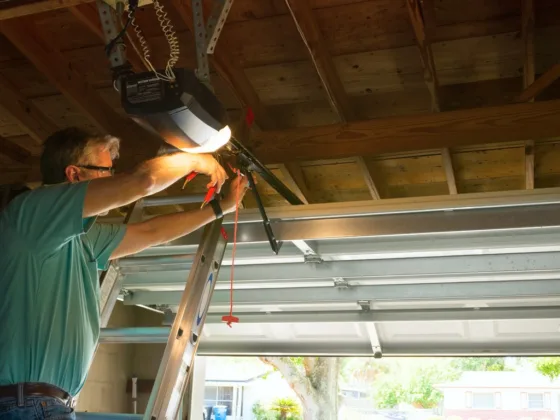Performing a basement conversion is a difficult project, which requires careful planning.
Generally, a successful conversion will be a combination of technical competence and experience, the type of basement conversion, and the location. The first step is to understand the legal requirements of basement conversion to get started.
For example, you must determine whether your conversion will violate zoning and water tables rules. Furthermore, you must decide your budget for the project and how much it will cost. If you plan to complete the conversion yourself, it’s important to check the legalities related to the project.

A basement conversion can add value to your property, depending on where you live. When choosing an architect, it’s a good idea to find a few examples of similar work that you can see. Once you have an idea of the costs, getting more than one quote is important. The total cost should include surveyor and architect fees, as well as plastering and painting.
Whether or not your basement conversion project is allowed depends on a number of factors, including the layout of your property and the party walls, the nature of the soil, and underground structures. A neighborhood visit is an excellent way to determine whether you’ll need planning permission.
Read Also:
Remember, though, that if your basement conversion is happening in an existing cellar, it’s probably under permitted development work and won’t need any additional planning permission XMX Basement Conversion .
If you’re planning to convert your basement, you’ll need permission from your local council or town planning department. You’ll need planning permission to make the conversion, so you can check if there’s another similar house in your neighborhood.
It’s a good idea to check out comparable houses in your area to see how they turned out. This is important because you’ll need to consider the price of the house when you’re choosing a contractor. You should also get at least three quotes before making any decisions.
Depending on the size of your property, it’s not always necessary to obtain planning permission. However, it can increase the value of your home and increase its resale value. If you’re planning a basement conversion in London, be sure to find the right company.
If you’re not sure about what to do, they’ll tell you what works and doesn’t. It’s also a good idea to check with your local authority to ensure the building is in line with the rules and regulations.
Many people choose to convert their basements into additional living space. It’s not an uncommon idea for people to use the space under their house for storage and recreation, but a basement conversion can increase the value of your property.
It involves excavations and underpinning and requires architectural drawings and planning permission. Even though a basement conversion is a major undertaking, it’s still a worthwhile project for many homeowners.










